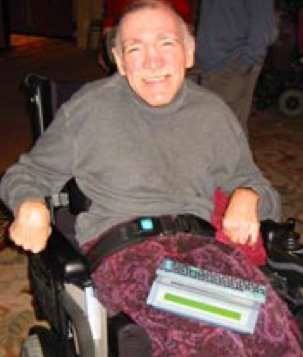Communication & Language Development
Communication is a key life skill. At Greenhall, we want to ensure that all of our children know they have a voice and to equip them with the tools to be able to use this. It is important that the voice of the child is heard! As a large proportion of our cohort is non-verbal, we heavily invest in creating a communication and language-rich environment, modelling a variety of systems as adults through our total communication approach. All of the research shows that this does not detract from speech but enhances it.
“Have you got anything better to do? Listen to me: There is nothing more important for you to be doing right now than to learn how to express your thoughts and feelings to other people. I know how painful it is when people stare at you and think that you are somebody other than who you really are because of how you look on the outside. Believe me, this won’t change unless you have some way to tell people who you are on the inside.”
Michael B. Williams, 1996.
"The development of children’s spoken language underpins all seven areas of learning and development. Children’s back-and-forth interactions from an early age form the foundations for language and cognitive development. The number and quality of the conversations they have with adults and peers throughout the day in a language-rich environment is crucial. By commenting on what children are interested in or doing, and echoing back what they say with new vocabulary added, practitioners will build children's language effectively. Reading frequently to children, and engaging them actively in stories, non-fiction, rhymes and poems, and then providing them with extensive opportunities to use and embed new words in a range of contexts, will give children the opportunity to thrive. Through conversation, story-telling and role play, where children share their ideas with support and modelling from their teacher, and sensitive questioning that invites them to elaborate, children become comfortable using a rich range of vocabulary and language structures”.
EYFS Statutory Framework, 2024





